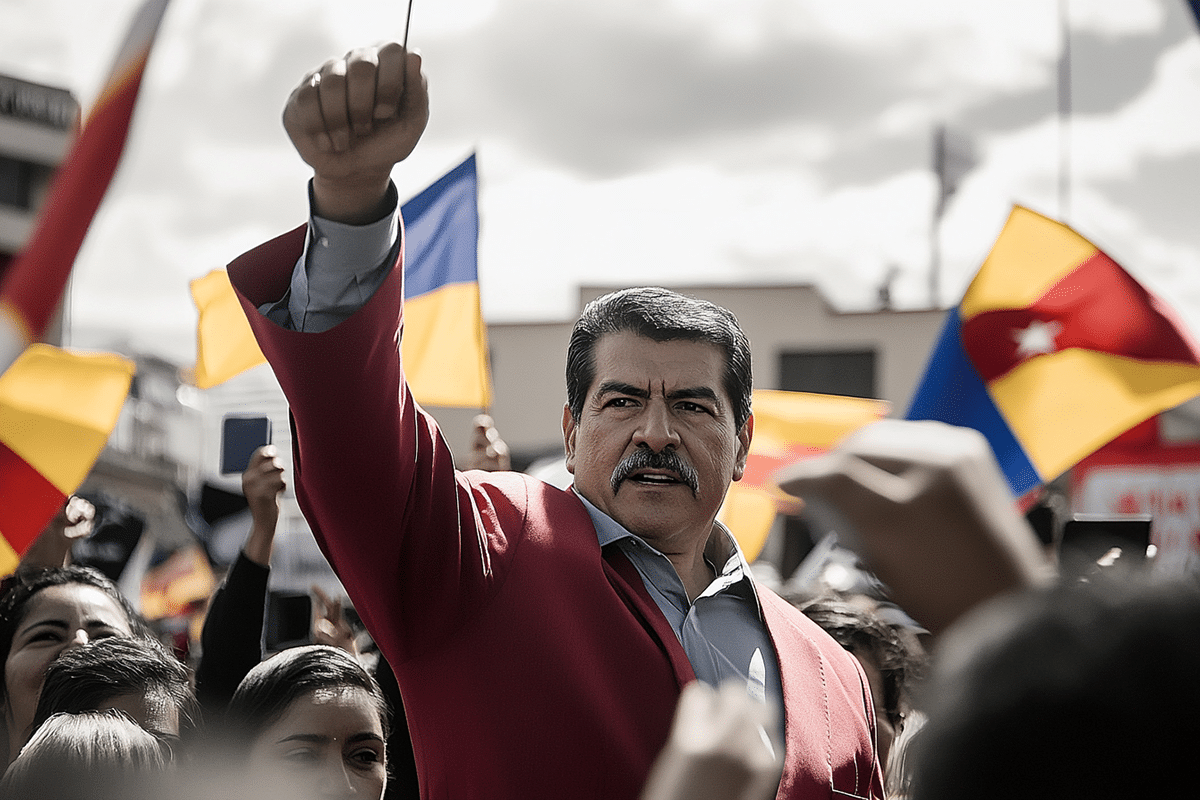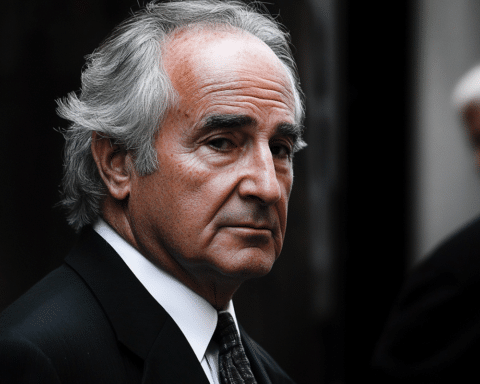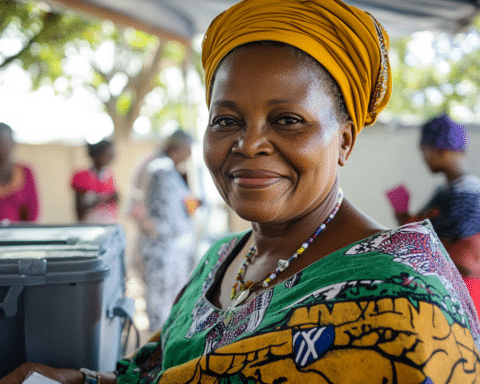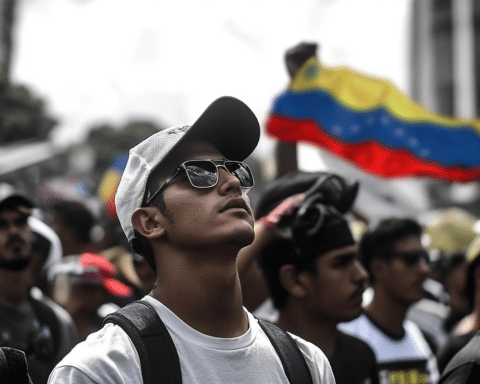Nicolás Maduro has officially extended his tenure as Venezuelan president until 2031, taking the oath of office on Friday under heavy scrutiny and allegations of electoral fraud. Despite credible evidence that opposition candidate Edmundo González secured a decisive victory in the recent elections, Maduro continues his increasingly repressive rule, sparking widespread protests and international condemnation.
The swearing-in ceremony took place at Venezuela’s legislative palace in Caracas, surrounded by tight security. Police, military, and intelligence officers heavily guarded the event, while pro-Maduro supporters filled nearby streets and plazas, showcasing their allegiance with T-shirts and banners. However, the celebratory atmosphere masked deep unrest and allegations of misconduct surrounding the election.
Opposition leader María Corina Machado, a prominent figure in the anti-Maduro movement, was briefly detained by security forces after addressing a rally in Caracas on Thursday. Machado, who has been barred from running for office, emerged from months in hiding to demand that González, the widely recognized winner of the election, be sworn in as president. Her convoy was intercepted as she left the rally, with her aides later confirming she had been coerced into recording videos before being released.
The disputed election results have ignited international outrage. Electoral authorities loyal to Maduro’s United Socialist Party declared him the winner without providing detailed vote counts. In contrast, the opposition collected and published tally sheets from more than 80% of voting machines, which indicated González won by a substantial margin. Independent observers, including the U.S.-based Carter Center, validated the opposition’s tallies as legitimate. Despite calls for transparency, the government-controlled high court reaffirmed Maduro’s victory without releasing comprehensive evidence, and electoral authorities have yet to provide vote counts.
The controversy has spurred protests across the nation, with demonstrators demanding accountability and the recognition of González as the rightful president. The government’s response has been severe, with over 2,000 arrests and reports of torture in custody. More than 20 protesters have been killed in the unrest, further escalating tensions in the deeply divided country.
Maduro’s inauguration drew criticism from global leaders, with several choosing to distance themselves from the event. Colombian President Gustavo Petro, a Maduro ally, refused to attend, citing the government’s detention of opposition figures earlier in the week. Other leaders, including those from Europe and the Americas, have condemned the Venezuelan government’s actions, calling for an end to the suppression of dissent.
Meanwhile, González remains in exile in Spain, facing threats of arrest if he returns to Venezuela. His family has accused the government of orchestrating the recent kidnapping of his son-in-law in Caracas, adding another layer of tension to the ongoing political crisis.
The legitimacy of Maduro’s rule continues to face challenges both domestically and internationally, leaving Venezuela at a crossroads as its political future hangs in the balance.





